Dhaka, Bangladesh – In a disconcerting revelation, Dhaka has clinched the unenviable title of the city with the worst air quality on the planet. With an Air Quality Index (AQI) score of 257, the capital city finds itself in a precarious position, grappling with the dire consequences of pollution.
The Alarming AQI Levels
At 9:20 am on Sunday February 11th, Dhaka’s air was classified as “Very Unhealthy”, according to the air quality index. This designation places it at the forefront of a global crisis, where cities battle against the invisible enemy of air pollution.
A Global Race to the Bottom
Dhaka’s dubious distinction is closely followed by other metropolises facing similar challenges. India’s Delhi, Kolkata, and China’s Wuhan occupy the top three spots on the list, with AQI scores of 240, 218, and 195, respectively. These cities grapple with deteriorating air quality, posing serious health risks to their residents.
Decoding the AQI
Understanding the AQI is crucial. It serves as an index for reporting daily air quality, informing people about the cleanliness or pollution levels in a specific city.Here’s how the AQI categorizes air quality:
101–150: Unhealthy for Sensitive Groups
150–200: Unhealthy
201–300: Very Unhealthy
301+: Hazardous
Dhaka’s AQI of 257 falls squarely into the “very unhealthy” range, underscoring the urgency of addressing this crisis.
The Culprits: Pollutants and PM2.5
The AQI in Bangladesh hinges on five key pollutants: particulate matter (PM10 and PM2.5), NO2, CO, SO2, and ozone. Of particular concern is the PM2.5 concentration, which currently stands at a staggering 41.4 times the World Health Organization’s annual air quality guideline value. This microscopic particulate matter infiltrates our lungs, wreaking havoc on our health.
Dhaka’s Ongoing Battle
Dhaka has long grappled with air pollution issues. Its air quality typically worsens during winter and improves slightly during the monsoon season. However, the recent AQI score underscores the need for immediate action to safeguard public health.
A Global Crisis
The World Health Organization (WHO) estimates that air pollution claims the lives of approximately seven million people worldwide each year. The toll includes increased mortality from stroke, heart disease, chronic obstructive pulmonary disease, lung cancer, and acute respiratory infections. Urgent measures are essential to combat this silent killer.
Dhaka a city grappling with daily air quality challenges—routinely claims the dubious honor of topping the list of the world’s most polluted cities, as per the World Health Organization’s Air Quality Index (AQI) report. With an AQI range of 150 to 320, Dhaka’s air quality falls into the “unhealthy” to “very unhealthy” categories, posing serious risks to its residents.
This crisis is a stark reminder: clean air is not a luxury but a fundamental right. The time for collective action is now. Each of us plays a vital role in revitalizing our city and safeguarding the well-being of its inhabitants.



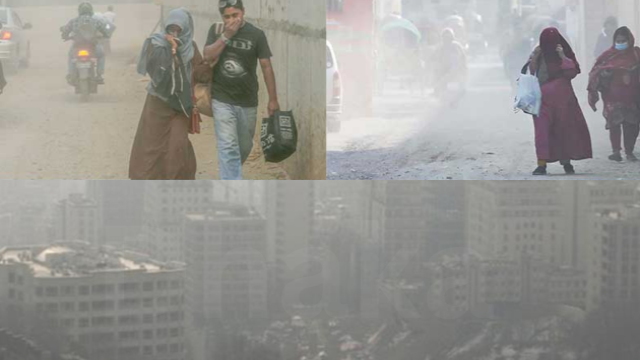

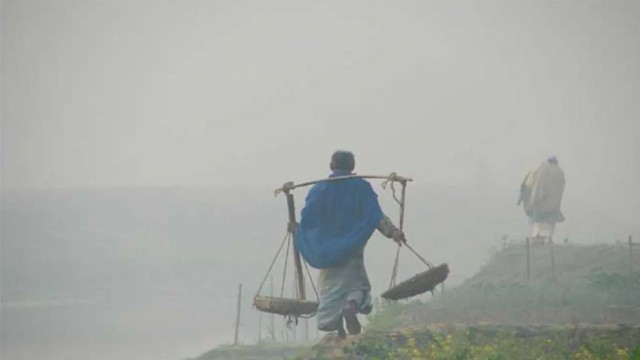
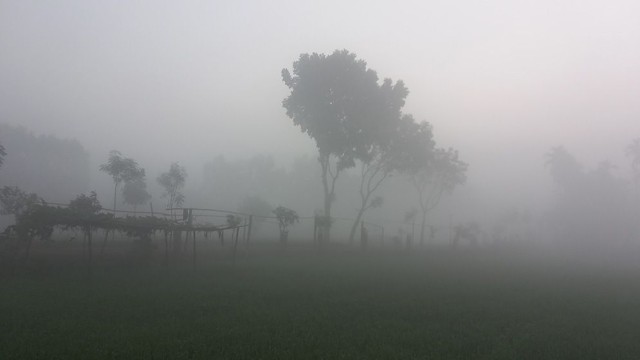
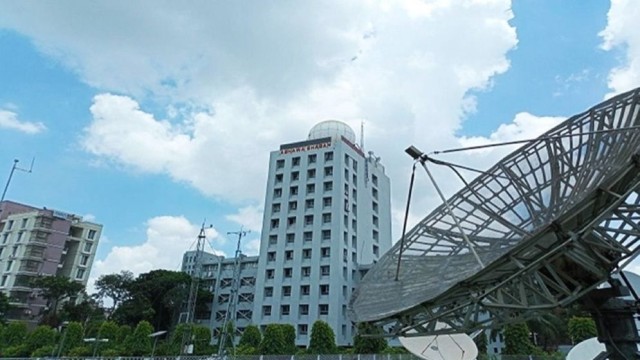
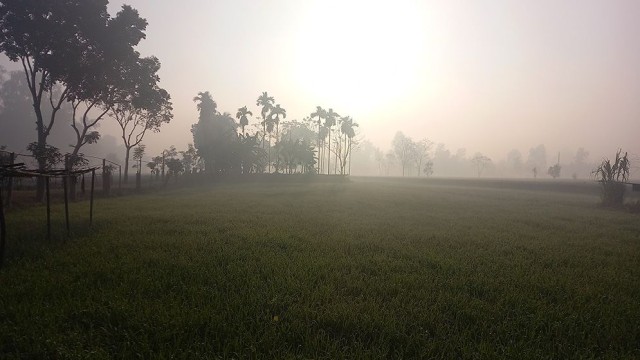
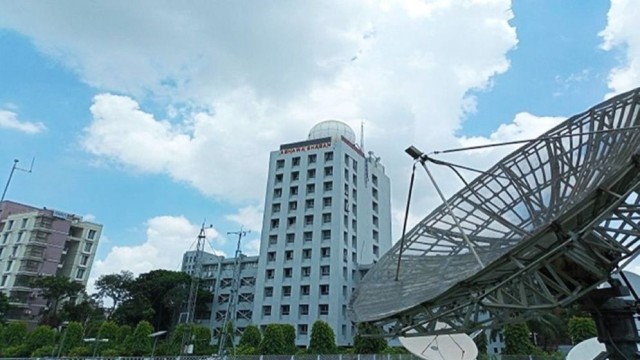



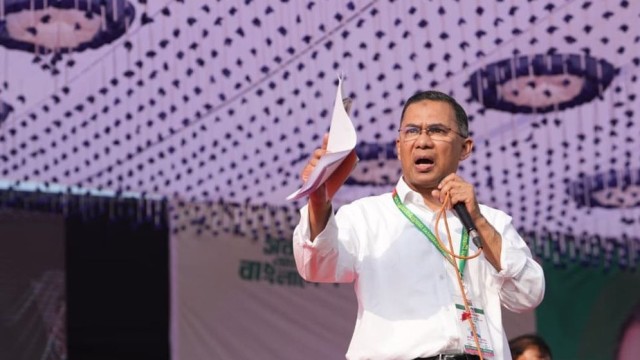

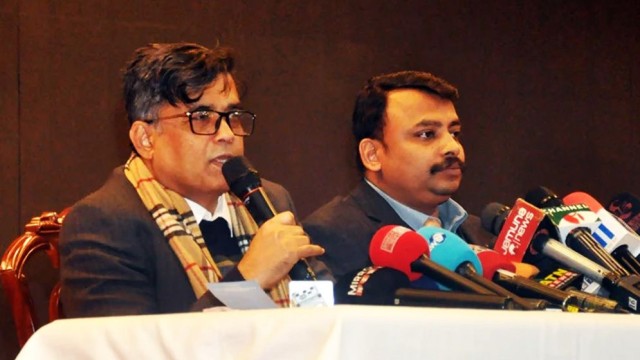
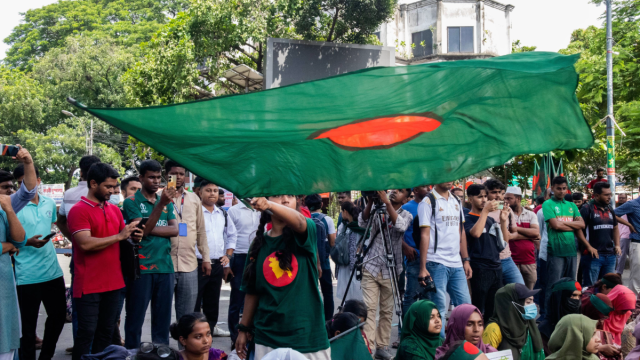
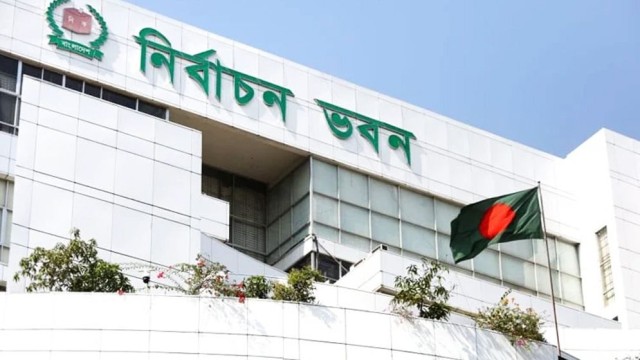
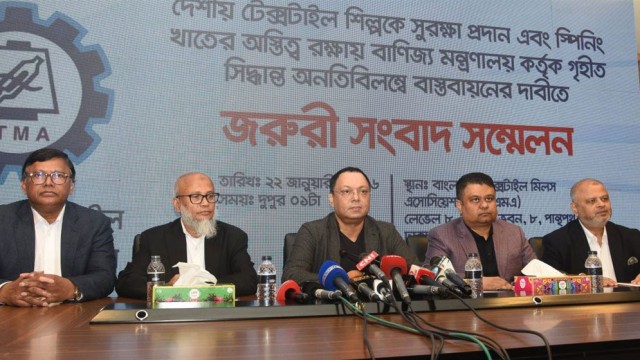












Comment: